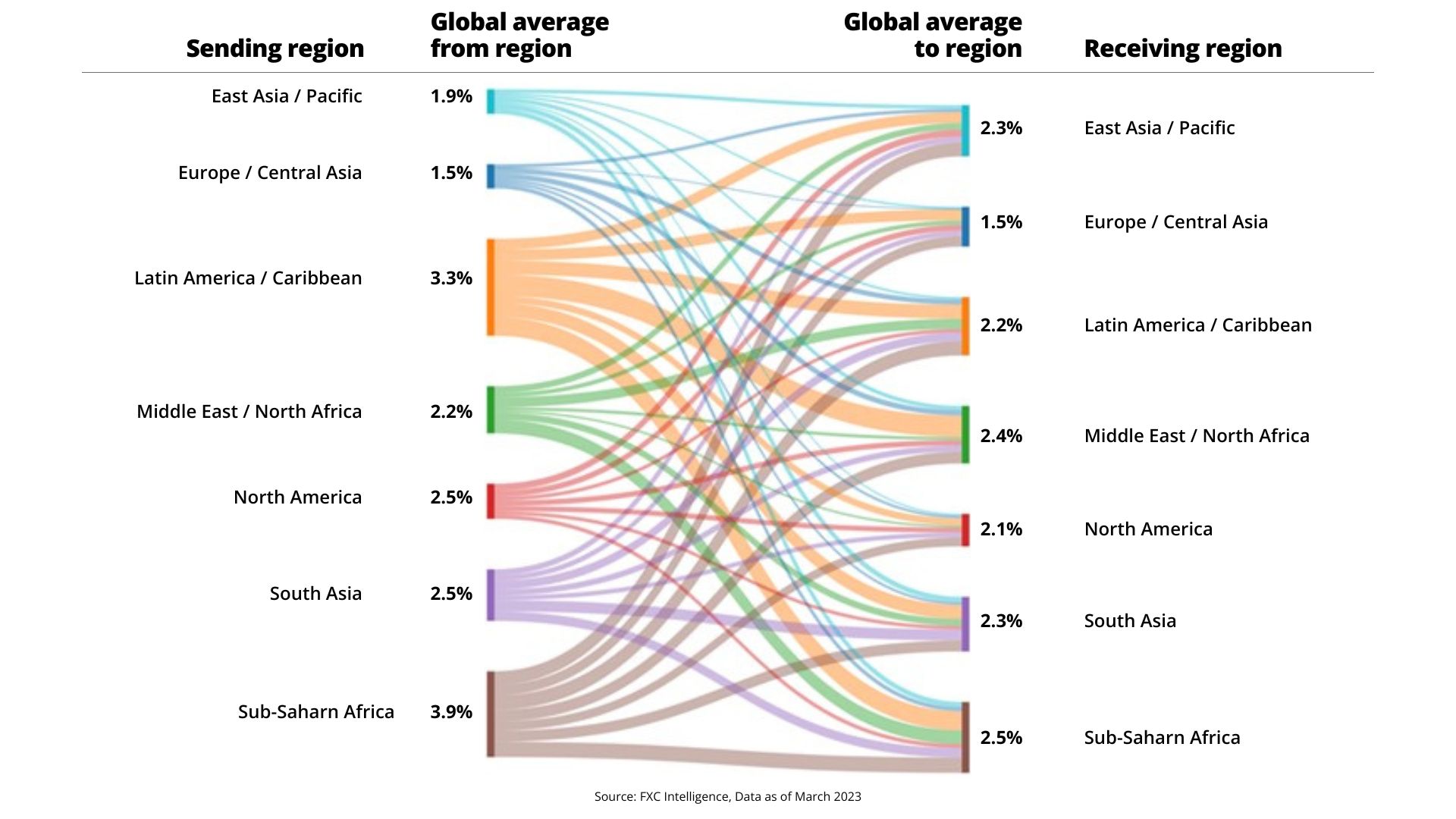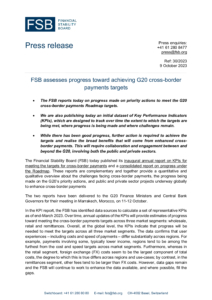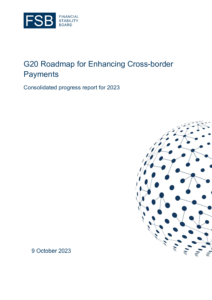In 2020, the G20 endorsed the Roadmap for enhancing cross-border payments– a comprehensive, high-level plan designed to address the frictions that lead to four challenges that cross-border payments face relative to domestic payments: high transaction costs; slow end-to-end processing times; limited access for users accessing payment service providers (PSPs) as well as PSPs accessing payment systems and other arrangements; and limited transparency about costs, speed, processing chains and payment status for end-users and PSPs alike.
In 2021, the G20 endorsed quantitative global targets for addressing these four challenges across three market segments: wholesale, retail and remittances. These 11 targets define the Roadmap’s ambition, create accountability and provide a common vision for the improvements sought. The FSB committed to monitor progress toward the targets using KPIs and to provide annual reports to the G20 and the public.
To operationalise the monitoring of the targets, the FSB developed key performance indicators (KPIs) that either directly or indirectly measure the extent to which the targets are being met, where progress is being made and where challenges remain. An important goal for the FSB in developing these KPIs is to stimulate conversation among the Roadmap’s public and private sector stakeholders about the nature of the challenges, the potential ways forward to address them, and whether this data is representative of overall market trends. As an outcome from that discussion, the actions taken under the Roadmap may be, where needed, further refined and targeted over time in order to sharpen the Roadmap’s focus on meeting the targets.

Relative cost of sending retail payments by regional corridor. The thicker/thinner the line, the more/less expensive the relative cost.
The KPIs in this report will be updated on an annual basis to monitor progress of the cross-border payments over the coming years. The FSB will continue to work to enhance the data available and, where possible, to fill the gaps. The FSB looks forward to continuing to engage with public and private sector stakeholders about market trends, the nature of the challenges and potential ways forward to address them.

